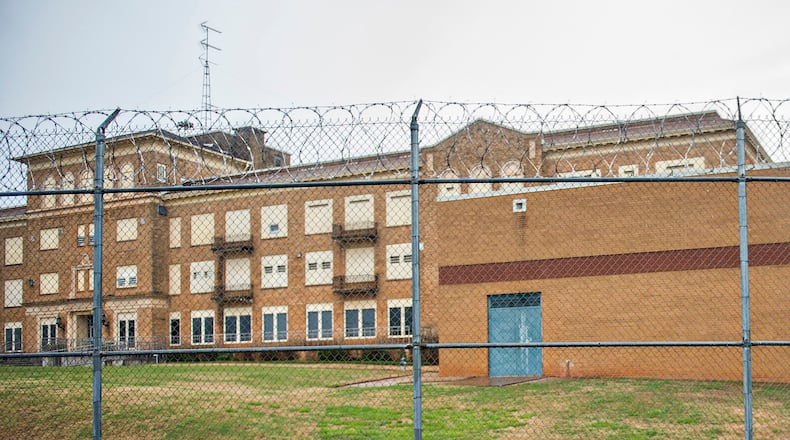The Georgia Board of Pardons and Paroles has started reviewing some inmates for early release due to the coronavirus pandemic, officials announced Tuesday.
The process, which the board said was to help state prisons deal with the virus, could lead in the next 30 days to the release of up to 200 inmates who are serving time for non-violent offenses. To be considered for the early release, the inmates must be within 180 of completing their prison sentences, according to the board. Most will be released and serve the remainder of their sentence on probation.
“The State Board of Pardons and Paroles understands the concerns and fully supports our state’s efforts to combat COVID-19, including safety protocols implemented by the Department of Corrections,” board chair Terry Barnard said. “The Parole Board is operating normally and will continue to use its constitutional authority to make clemency release decisions in the interest of public safety.”
The announcement comes after several weeks of outcries from inmate health advocates who say the close confines of prisons make inmates and staff particularly vulnerable to the spread of infectious diseases. COVID-19, the disease caused by the novel coronavirus, has already led to some inmates to be hospitalized in Georgia, and one man, incarcerated at Lee State Prison, has died.
The ACLU of Georgia praised the parole board’s decision, while also urging the members to go further and move to release “anyone who doesn’t pose a threat to the community.”
The nonprofit’s executive director Andrea Young said she hoped other officials would take the board’s example. “Local officials should release persons being held awaiting trial, simply because they are unable to afford bail,” Young said.
Others, including the Southern Center for Human Rights, are calling for the board to release people housed at the Department of Corrections’ transitional centers. At the centers, inmates have more freedom than more because are taken to and from work at private businesses everyday as they prepare for release. More than 2,000 people are incarcerated in the centers across the state.
John Harris, a South Georgia paralegal, has spent recent days lobbying the parole board, legislators and prison officials to support releases from the transitional centers.
Harris, who has enlisted help from members of the Facebook group “Inmate Support Georgia,” said he’s motivated by the fact that 800 of the people in the centers are over 50, and some suffer from diseases and conditions that make them more vulnerable.
“There is no reason to keep these people in custody given this level of danger,” Harris said Tuesday. “They are nearly out anyway.”
Harris also is pushing for inmates whose sentences end in the next 180 days to be released, whether they were in on a violent conviction or not.
About the Author
Keep Reading
The Latest
Featured


